Transition KS2-KS3
Historical Association surveys show that when it comes to transition from Key Stage 2 to Key Stage 3, only around 6% of primary and secondary schools work together or share information concerning history. This often results in secondary schools being unaware of what children from their primary feeder schools know and can do in history and sometimes children moving into year 7 can feel like they are taking a step backward. In this section, you will find articles that will help you to think about and plan for history transition as well as supportive project resources that could form the basis of a history transition project with secondary schools.
Sort by:
Date (Newest first) | Title A-Z
Show:
All |
Articles |
Podcasts |
Multipage Articles
-

Key Stage 2 – Key Stage 3: Transition
ArticleClick to view -
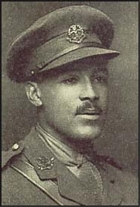
Walter Tull: Sport, War and Challenging Adversity
ArticleClick to view -
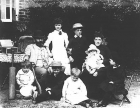
Smooth transitions: Key Stage 2 to 3
ArticleClick to view -

Transition Key Stage 2 and 3
ArticleClick to view -

From Home to the Front: World War I
ArticleClick to view -

Assessment and Progression without levels
ArticleClick to view -
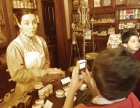
Geosong: a transition project
ArticleClick to view -

Key Stage 2-3 History Transition Project
ArticleClick to view -
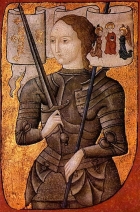
Joan of Arc - Saint, Witch or Warrior?
ArticleClick to view -
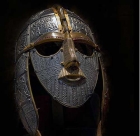
What makes good primary history?
ArticleClick to view -

Effective Primary History Teaching, Challenges & Opportunities
ArticleClick to view -

Working with Boudicca texts - contemporary, juvenile and scholarly
ArticleClick to view

